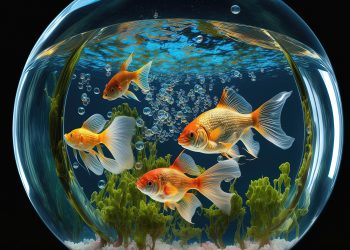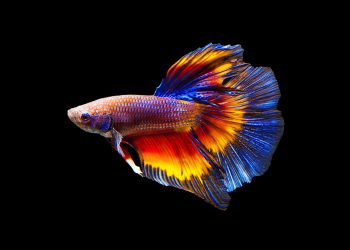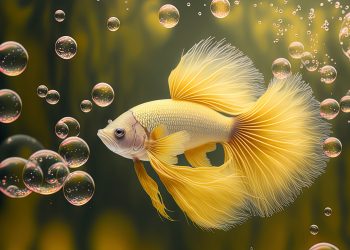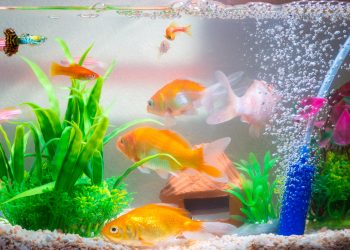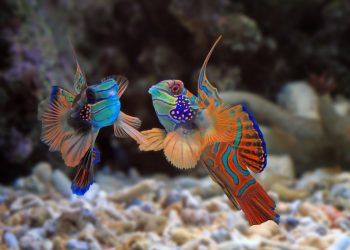Natural Diet of Fish:
Fish in the wild have a varied diet. Freshwater fish often consume insects like flies, mayflies, and beetles, as well as snails and worms. Larger fish might prey on smaller crustaceans and other aquatic creatures. While many fish are active hunters, some, like seahorses, feed on plants.
Feeding Fish at Home:
For domestic fish, a balanced diet is crucial. Common foods include flesh, organs, and specially formulated fish feeds. Vegetables like spinach can be beneficial, both for fish health and for maintaining water quality. Root vegetables provide essential vitamins, and limited fruit can be a treat.

Human Foods for Fish:
Fish can consume a range of human foods. Vegetables like arugula, cucumber, and even fruits like papaya and mango can be fed in moderation. For omnivorous fish, occasional treats like cooked peas or spinach can be offered. However, always ensure the food is safe and free from harmful additives.
Emergency Fish Food:
If you run out of fish food, boiled vegetables such as peas or cauliflower can be a temporary substitute. Cooked rice or oatmeal can also be given to species like goldfish and koi.

Vegetables and Fish:
Many fish species enjoy vegetables, which can boost their health and growth. However, always ensure the vegetables are clean and safe for consumption.
Fish Favorites:
Fish preferences vary. While some might favor insects or worms, others might prefer plant-based foods. It’s essential to understand the specific needs and preferences of your fish species.

Cereals and Fish:
Some fish might consume cereals like corn flakes. However, it’s essential to ensure the cereal doesn’t contain harmful additives. Avoid feeding fish with processed foods like cakes and cookies.
Feeding Tiny Fish:
For small fish or fry, a diet rich in protein are crucial. Boiled egg yolks, commercial fry flakes, and liquid fish food are commonly used. Infusoria and vinegar eels are also beneficial for tiny fish.

Leftover Food in Aquariums:
Avoid overfeeding. Leftover food can harm the aquarium’s environment, leading to increased acidity and potential growth of mold and fungus. Always ensure the food quantity is appropriate for the fish population.
Remember, the key to a healthy fish is a balanced diet tailored to its specific needs. Always research the dietary requirements of your fish species and monitor their health and behavior regularly.

Next on your reading list:

